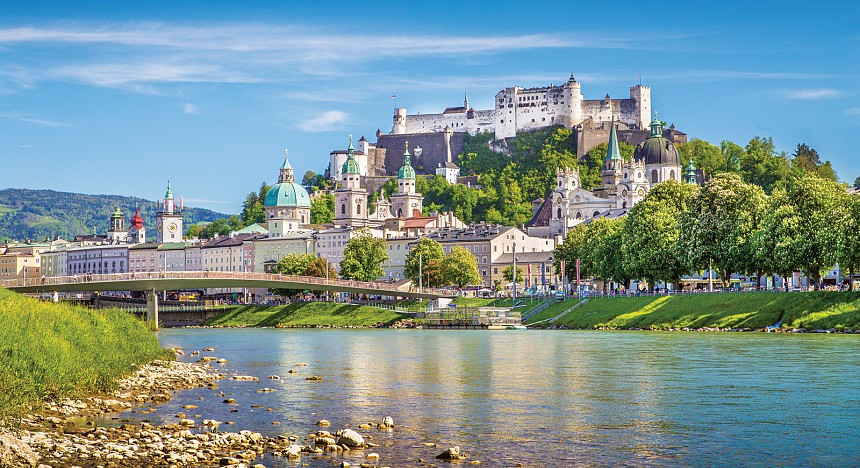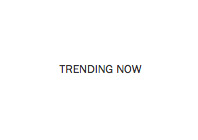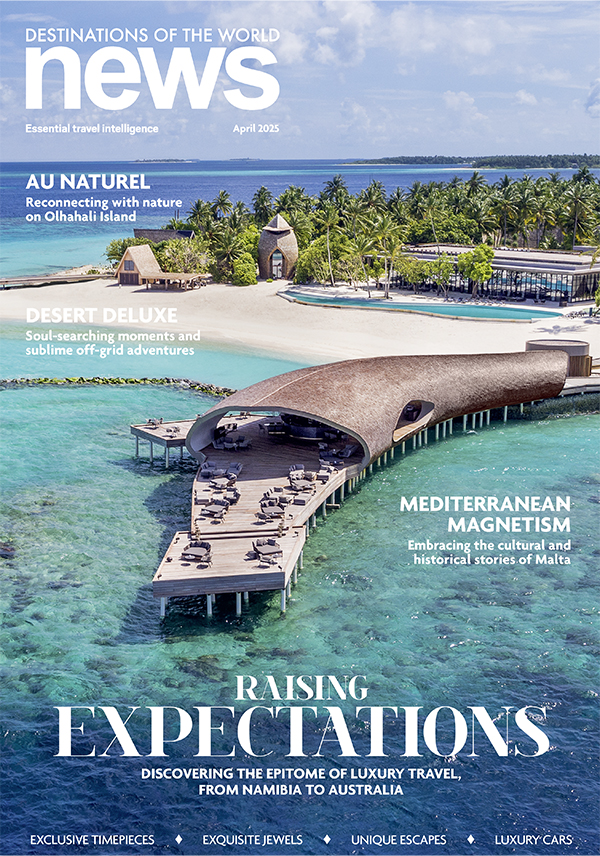THE EVENT
There are three main factors that make the festival such a success. First of all, the Salzburg Festival offers a broader artistic programme than any other festival; Salzburg features a unique and great selection of opera, drama and concerts; altogether, there are 192 performances in 41 days in 14 different venues, making it the largest and best-known international festival worldwide.Furthermore, visitors of the Salzburg Festival can combine the enjoyment of art with vacationing; Salzburg not only offers a picturesque city centre but it is also surrounded by beautiful countryside worth a visit. And finally, the Salzburg Festival has a certain flair, more than a touch of glamour, something hard to define, which is part of its fascinating aura.

THIS YEAR
Besides the three iconic Mozart operas, Don Giovanni, Cosi fan tutte and Le nozze di Figaro, there are going to be four world premieres. We open the festival with a world premiere from the sought-after British composer Thomas Adès. The opera, The Exterminating Angel, was commissioned by the Salzburg Festival based on the surrealist film of the same name by the Spanish director Luis Buñuel. In addition there is the world premiere of Halleluja – Oratorium balbulum by Peter Eötvös, based on a text by writer Péter Esterházy. Another highlight is the world premiere of Eine blassblaue Vision by Friedrich Cerha, commissioned by the Salzburg Festival and conducted by Cornelius Meister. The fourth world premiere taking place this year is Mark Simpson: Hommage à Kurtág for clarinet, viola and piano.

AMBIANCE
“Wherever one looks, the eye is enchanted. Every square, every street seems to be predestined to be the scene of a play. The atmosphere of Salzburg is pervaded by beauty, play and art.” These are the words of Max Reinhardt, who founded Salzburg Festival together with Hugo von Hofmannsthal and Richard Strauss in 1920. They envisioned turning the whole city into a stage – an idea that is revived every summer.
RUB SHOULDERS WITH
The target audience is people interested in the highest artistic quality. But part of Salzburg Festival’s flair is also a touch of glamour. Salzburg is a catwalk, a vanity fair and anyone who has ever experienced the arrival of guests before premieres in the famous Hofstallgasse (our address) feels ennobled.

STAY
Two of the city’s finest hotels that come highly recommended are Hotel Sacher (above) and Hotel Goldener Hirsch.

DINE
Visitors can sample traditional Austrian cuisine in Hotel Sacher or at Hotel Goldener Hirsch (above) or refer to the Salzburg Tourism website for additional suggestions.
WEAR
There is one word to define the dress code: elegant.
MUST DO
Great ideas by writers and composers such as Mozart, Shakespeare, Adès and Strauss, Bernhard, Beckett and Gounod provide the basis of the Salzburg Festival’s new stage productions in opera and theatre for 2016. Richard Strauss’s opera Die Liebe der Danae is part of the festival’s history. It can be viewed as a dream on three different levels – a mythological one about Danae’s contempt for gold, a conservative one about the indispensable nature of eternal human values and a utopian one of potential rebirth from a world in ruins. Concert performances of Manon Lescaut by Puccini and Thaïs by Massenet can be heard – and seen. The third opera to be presented in concert form, Il templario, also represents one of the themes of our concert programme, which explores the Vienna Philharmonic and its composers.

Otto Nicolai, the founder of the Vienna Philharmonic, wrote this opera – which was a great success in its day and unjustly neglected since – in 1840. Other substantial composers will be featured in this series including Brahms, Bruckner, Mahler and Strauss, as well as leading contemporary composers such as Arvo Pärt and Peter Eötvös, by whom we shall perform the world premiere of a major oratorio and who will also be showcased in the series Salzburg contemporary alongside Thomas Adès, Friedrich Cerha and György Kurtág.







